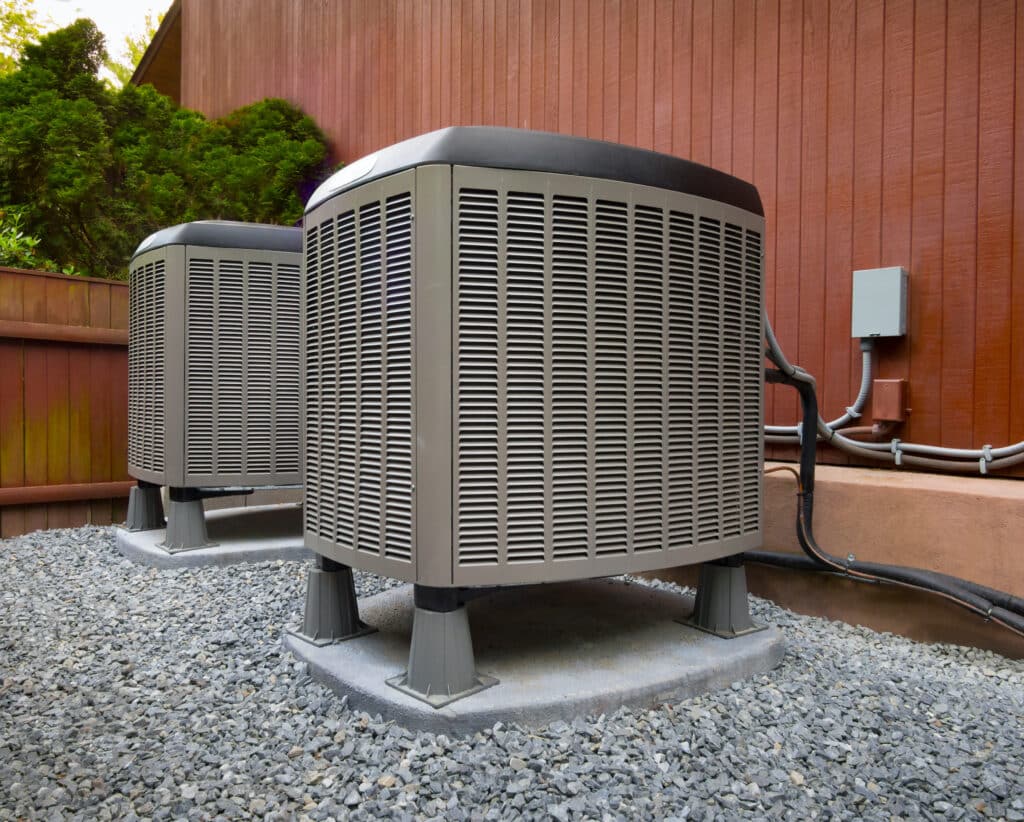A reliable HVAC contractor will be transparent about their pricing. They will also regularly contact customers through phone, email, and texts.
Ask the HVAC contractor about their experience and customer references. Check if they have full-time employees instead of subcontractors.
Experience
A reputable HVAC contractor will have years of experience working in the field. They understand the most common HVAC issues and how to resolve them. This ensures you get the best quality of work and a high-efficiency system.
This means that you won’t have to worry about your new system breaking down or being damaged in the future. This also helps you save on costly repairs.
When choosing an HVAC installation service, homeowners can consider the following factors to assess the company’s reliability. HVAC technicians often learn on the job through apprenticeship programs or vocational schools. However, with time, they may also know enough to become independent contractors and start businesses.
Choosing an experienced contractor will help you avoid unexpected problems after installation. For example, they can identify potential issues like rotten drywall, electrical upgrades, or ductwork that weren’t included in the original estimate.
Reputation
A new HVAC system is a significant investment in your home. You want to work with a contractor who cares about their quality and reputation. Look for a company with their name emblazoned on their trucks that takes pride in their work and shows it by offering customer service guarantees.
Ask friends and family for recommendations, read online reviews, and research state licensing requirements before choosing a contractor. Avoid companies that demand payment in advance, refuse to give a written estimate, and have no satisfaction guarantee. A reputable company will offer an honest evaluation of your needs, current equipment, and ductwork to provide the best solutions. They will also be familiar with local, state, and energy rebates that can make your project more affordable.
Warranty
HVAC equipment is built to last for a long time, so it’s not uncommon for manufacturers to offer a warranty. However, not all warranties are created equal; some will exclude coverage under certain circumstances. For example, faulty installation or improper maintenance can void the manufacturer’s warranty.

In addition to a manufacturer’s warranty, a quality HVAC contractor should also offer an additional labor warranty. This covers any repairs or replacements that occur when the manufacturer’s warranty has expired. The length of the contract varies and can range from five to 20 years. It is essential to read the terms of any proof to understand which parts are covered and for how long. Some components, such as the compressor, may have shorter contracts than others.
Insurance
HVAC contractors are exposed to many risks in their work. Insurance can protect them from financial loss if something goes wrong.
Besides the standard commercial general liability policy, an HVAC business should consider other types of insurance. These policies can include professional liability or errors and omissions coverage, which help pay for legal costs when clients accuse your company of making mistakes during service calls.
Commercial auto insurance is also essential for HVAC companies that use vehicles to make service calls to customers’ homes and businesses. It can pay for damages resulting from vehicle accidents and cover workers’ compensation expenses if employees are injured.
Other vital policies for HVAC contractors include business property insurance, which covers the value of materials your company owns to perform work. It can also help cover costs incurred by your business if the materials are stolen or destroyed.
Customer Service
Customer service is critical to building loyal customers more likely to recommend your products and services to others. It is also essential to creating a positive brand image, as customers want to work with companies that provide them with a good experience.
HVAC repair services involve fixing or replacing parts in heating, cooling, ventilation, and air conditioning systems. This may include checking pipes and tubes for leakage, testing thermostats and recharging refrigerant levels, cleaning air ducts and fan motors, and more.
HVAC system installation involves surveying/inspecting the existing system and taking measurements to ensure a new unit is the proper size and capacity for the home; carefully dismantling the old equipment; installing new ductwork, wiring, tubing, pipes, and electrical supply lines; and completing a final inspection.






